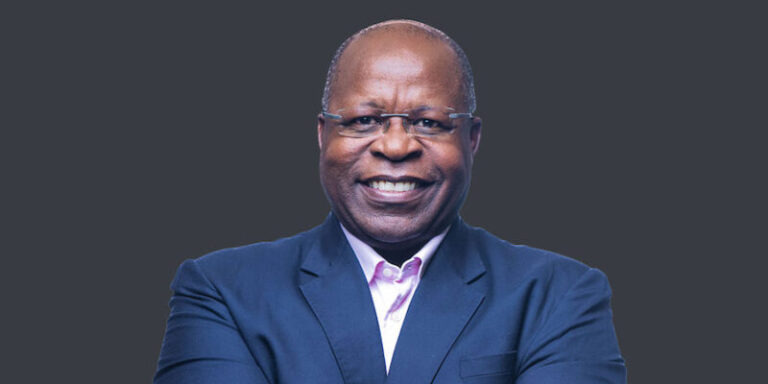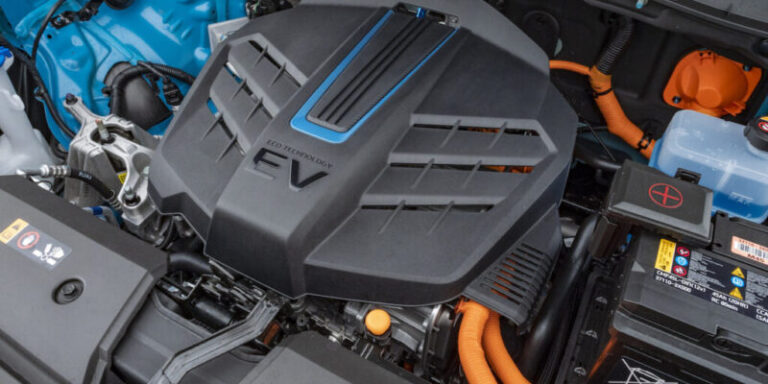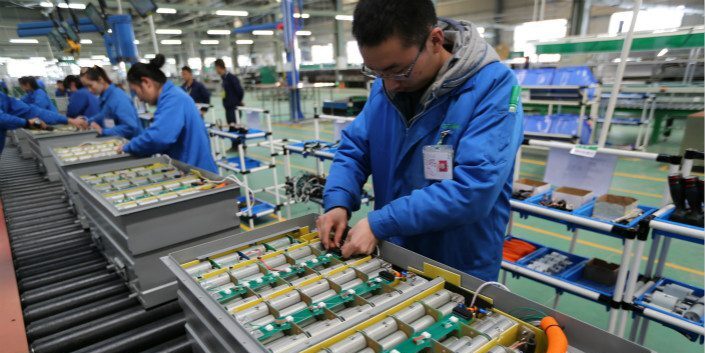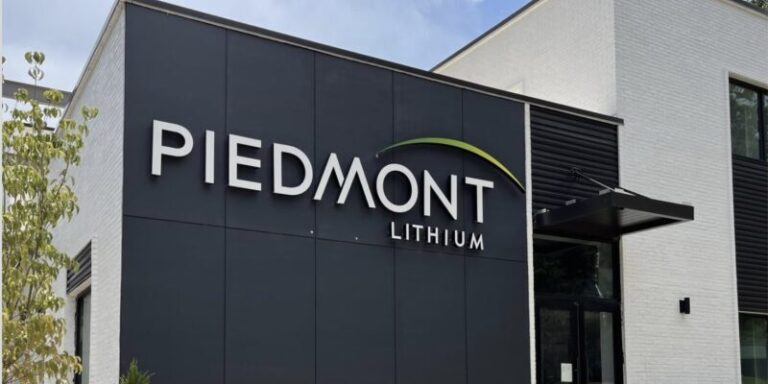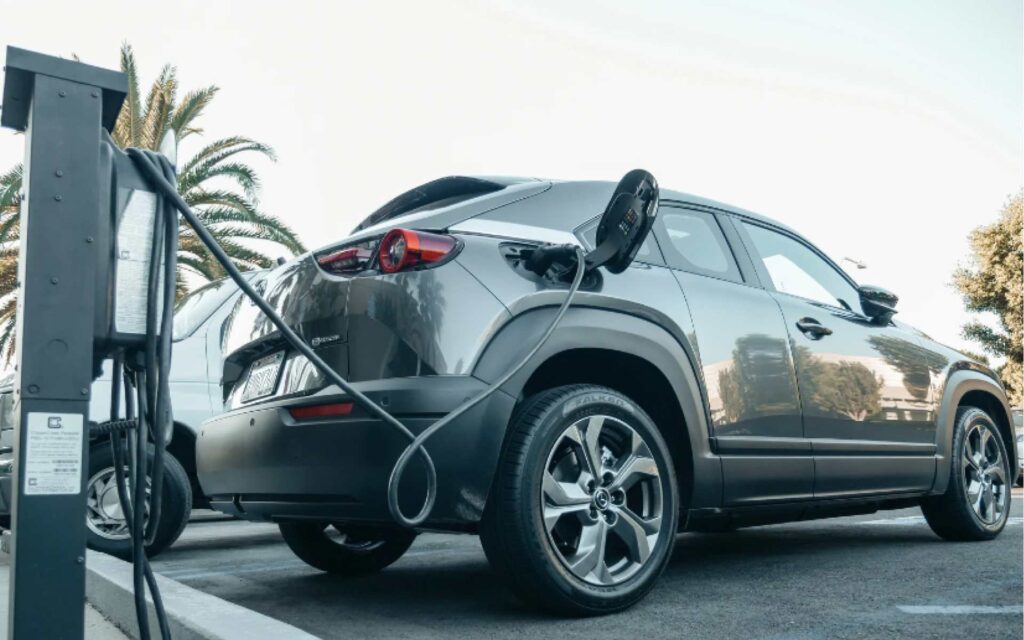
South Africa’s government has introduced a groundbreaking 150% tax incentive aimed at boosting the production of electric and hydrogen-powered vehicles.
Signed into law on January 3, 2024, this legislation is expected to unlock approximately $27 billion in new investments within the country’s burgeoning electric vehicle (EV) sector.
South Africa’s EV market is poised for rapid expansion, with projected revenues of $101.3 million by 2025. The market is expected to sustain a compound annual growth rate (CAGR) of 8.73%, reaching $141.6 million by 2029.
Key drivers of this growth include favorable government policies, heightened environmental awareness among consumers, and the accelerated development of EV infrastructure.
During the 2024 Budget Speech, Finance Minister Enoch Godongwana revealed that the National Treasury had redirected $51 million over the medium term to support the transition of South Africa’s automotive industry toward EV production.
Furthermore, a new investment allowance for EV technologies will take effect on March 1, 2026, enhancing the country’s appeal to international investors.
The ambitious tax incentive targets both local and international manufacturers, generating significant interest from EV and hydrogen fuel cell developers.
In response, China has encouraged its EV manufacturers to explore opportunities in South Africa. Notably, three Chinese automakers have signed non-disclosure agreements to investigate potential investments in the region.
South Africa’s unique combination of strategic location, abundant renewable energy potential, and robust industrial infrastructure makes it an ideal hub for EV development.
The country is rich in critical minerals such as lithium, manganese, nickel, graphite, and rare earth elements, essential for green mobility innovation.
In addition, South Africa holds 80% of the world’s platinum group metals (PGMs), crucial for EV and hydrogen vehicle production.
Recent advancements include Isondo Precious Metals’ plans to establish a manufacturing facility in Johannesburg to process PGMs for EV applications.
Meanwhile, BMW, Anglo Platinum, and Sasol are collaborating on a pilot project involving hydrogen-fueled vehicles to advance sustainable mobility solutions.
South Africa is positioning itself as a leader in Africa’s electric mobility transition. By leveraging strategic resources, robust fiscal incentives, and international partnerships, the country is set to attract further investment in its EV sector.
With its commitment to innovation and green technology, South Africa is not only shaping the future of transportation on the continent but also establishing itself as a key player in the global transition toward sustainable mobility.
This momentum signals a promising future for the nation as a critical hub for electric and hydrogen-powered transportation solutions.


